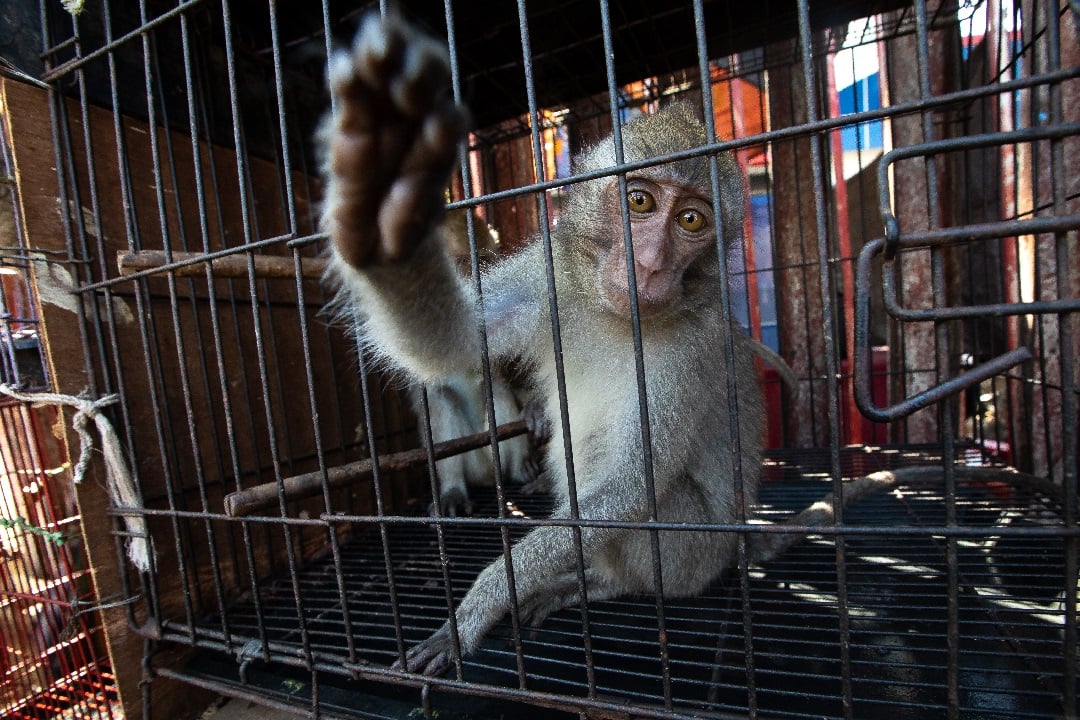
Canada’s role in the global commercial wildlife trade
Trading animals and diseases
Our new report reveals the shocking part Canada plays is sustaining the cruel and dangerous wildlife trade and why it needs to stop.
Despite our global reputation for iconic wildlife, Canada is complicit in the global trade in wild animals. Our new report shares new details and what must be done now to protect animals and our health.
Trading animals and diseases: Canada’s role in the global commercial wildlife trade, explains clearly and for the first time, Canada’s role in sustaining the dangerous trade in wildlife and makes a compelling case to government and policy makers why the legal trade must be curbed – for animals, for our health and for the planet.
Canada plays a significant role in both the selling and buying of wild animals and their parts, sustaining the same global wildlife trade that puts human health at risk from diseases like COVID-19.
Demand for frivolous flashy trinkets, like elephant footstools, and for exotic pets, like wild birds and lizards, by the Canadians jeopardizes human health, fragile global ecosystems and even our own local wildlife.
Though only 0.5% of the world’s population, Canada is a major contributor to the global wildlife trade.
We cannot ignore the fact that the current pandemic and previous major epidemics around the world are fundamentally linked to our poor treatment and exploitation of wild animals.
- Melissa Matlow, Campaign Director, World Animal Protection
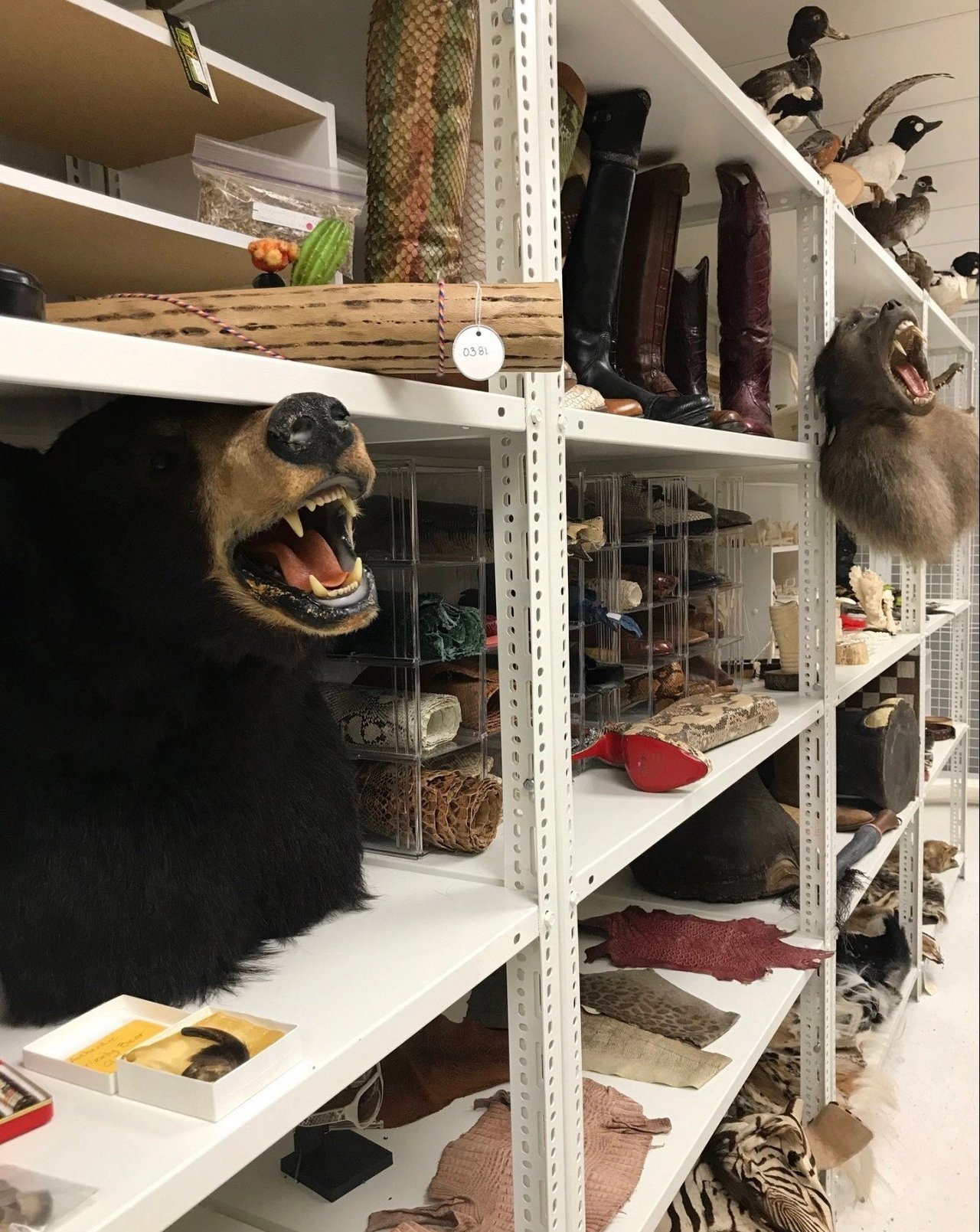
1.4 million exotic pets
Canada imports and exports wild animals as pets – currently an estimated 1.4 million exotic pets are owned by Canadians.
Thousands killed for trophies
Canada is one of the world’s top exporters of hunting trophies including birds, polar bears and grey wolves.
340,000 animals on fur farms
More than 340,000 wild animals including mink (known to transmit COVID-19) and foxes are kept on fur farms in Canada.
By participating in the trade of wildlife, Canada becomes complicit in the enormous pain, fear and stress the trade puts on animals, and further compromises species and ecosystem biodiversity.
And sadly, trade is booming - especially online. We commissioned Tech4pets, a non-profit technological solutions company, to monitor exotic animal advertisements on platforms like Kijiji. In 2020, 94,756 ads for exotic pets were found.
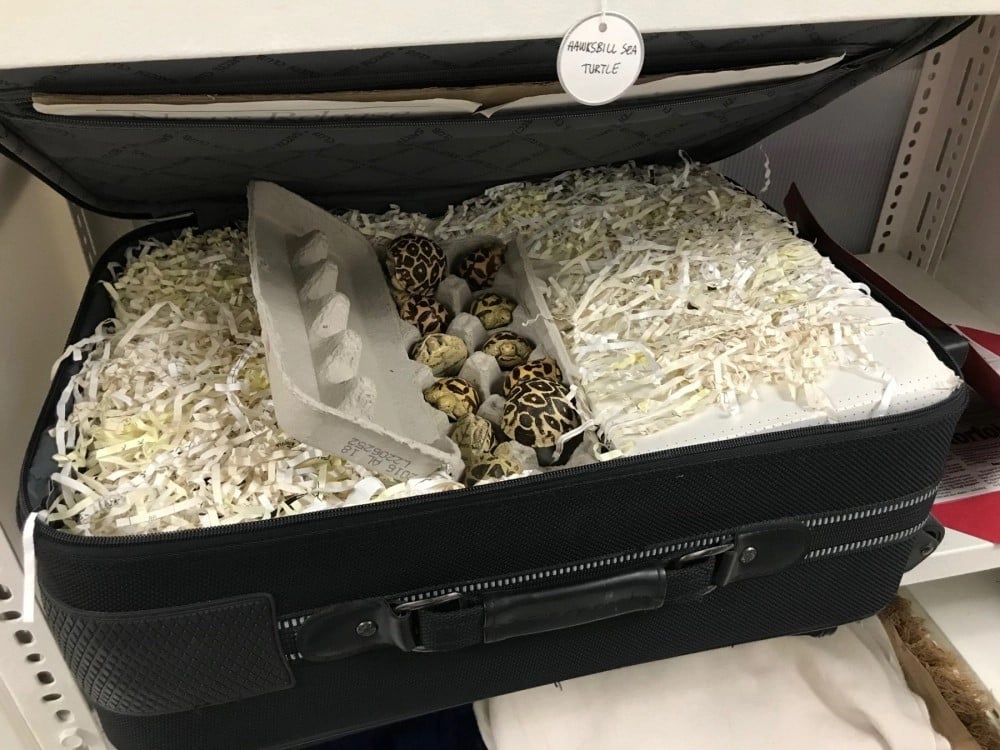
Significant gaps in tracking and reporting
After analyzing data obtained through Access to Information requests, we found that Canada doesn’t actually know the full number and variety of wild animal species imported each year.
At the Canadian border, there is a complicated web of agencies, each playing an isolated part in regulating different aspects of the import and export of wildlife including Canadian Border Services Agency (CBSA), Canadian Wildlife Services (CWS), and the Canadian Food Inspection Agency (CFIA).
Each of these overburdened agencies have their own data collection systems and requirements. Each agency also has limited jurisdiction. All this means that gaps exist, no one agency is responsible and wild animals imported for purposes other than what they directly oversee, are not properly screened for pathogens.
This is troubling news as we know that 75% of all new or emerging infectious disease (including COVID-19, SARS, Ebola, HIV/AIDS) originated from animals, and principally from wildlife.
- Between 2014 and 2019 at least 1.8 million wild animals were imported into Canada and less than 8% of those animals were subject to permits from either the CFIA or CITES/CWS.
- 93% of the imported reptiles recorded by CBSA lacked taxonomic species descriptions.
- 80% of the 320,000 wild animals imported in 2019 were for the exotic pet trade.
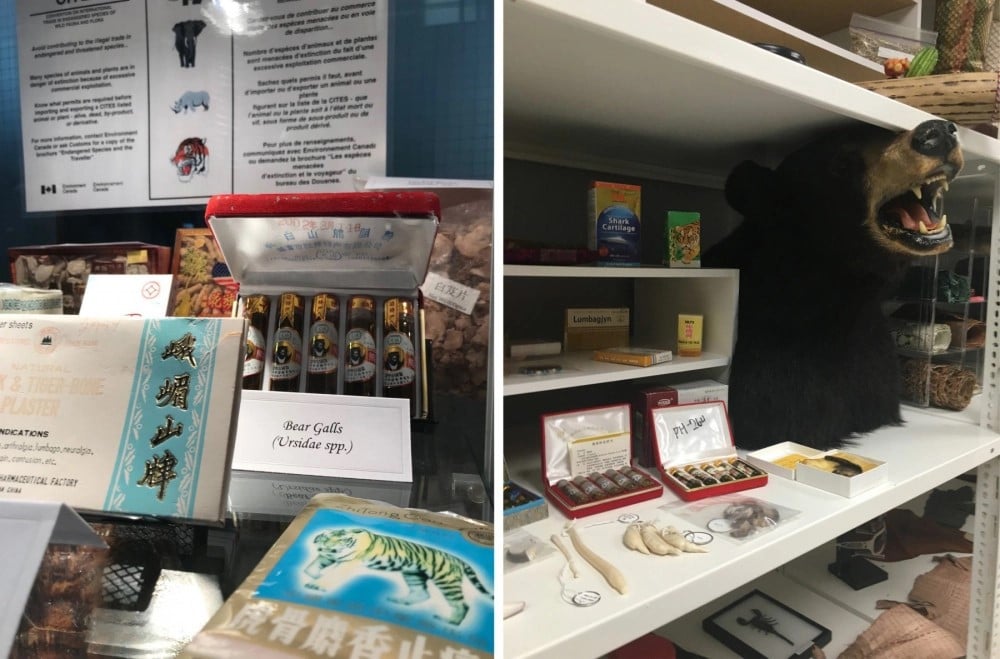
We can’t just stop the illegal trade
There is a massive trade in live wild animals, and their products, happening around us every day, fully sanctioned by law. The legal wildlife trade is profoundly cruel, creates conditions for future pandemics, contributes to biodiversity loss, and does little to curb demand for illegal wildlife products.
Outbreaks from around the world show that the risk of spreading zoonotic diseases through the wildlife trade is not just theoretical.
- A 2003 outbreak of Monkeypox in the US made people in six states ill, all stemming from a legal shipment of 800 rodents from Ghana.
- In 2007, the European Union permanently banned the importation of wild-caught birds after finding H5N1 (Avian Influenza) in imported birds.
- In 2019, the Public Health Agency of Canada confirmed 106 cases of Salmonella across six provinces linked to pet snakes.
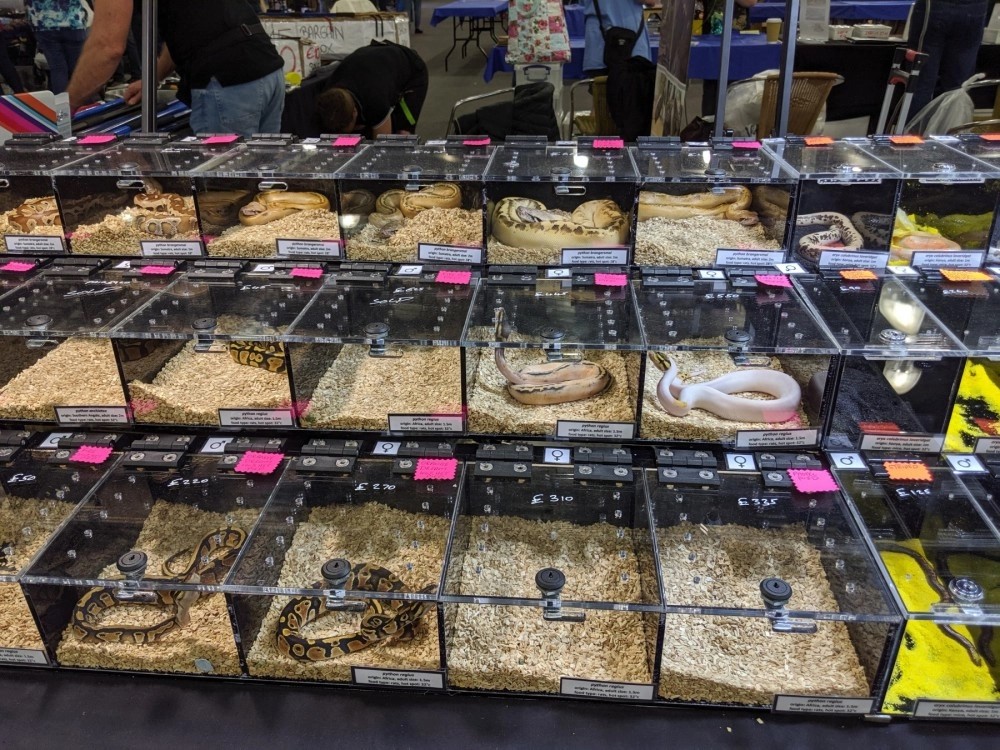
Canadians overwhelming want change
Now is the time for Canada to take a leadership role in curbing the trade and Canadians overwhelmingly want change. Recent polling conducted by Northstar Research Partners showed huge support for government action.
84% of Canadians
support stronger laws to reduce the wild animal trade in Canada*.
93% of Canadians
believe the wildlife trade is cruel and can cause animal suffering**.
89% of Canadians
believe the wildlife trade threatens human health and can cause pandemics**.
*Nanos survey conducted for World Animal Protection September 29 - October 2, 2024 (n= 1,058, +/- 3.0%, 19 times out of 20).
**Northstar Research Partners survey conducted for World Animal Protection July 17 - 20, 2020 (n=1001, +/- 3.1%, 19 times out of 20).
Donate to protect animals
World Animal Protection is working to move governments, corporations and people to end the exploitation of wild animals. Make your donation to change animals' lives for the better today.